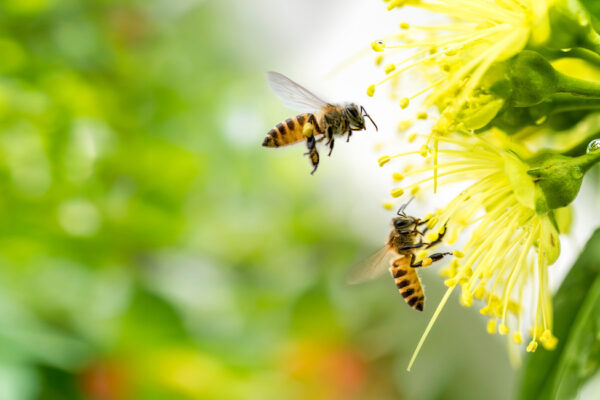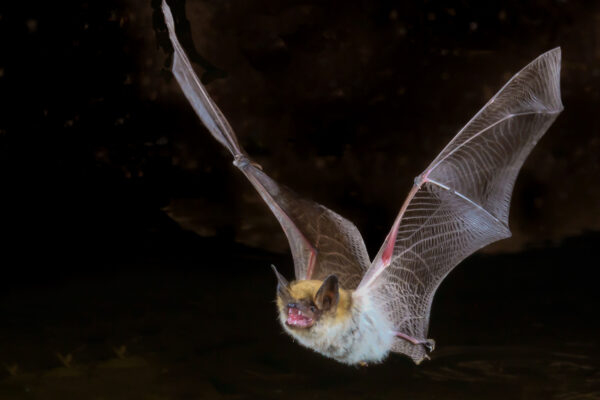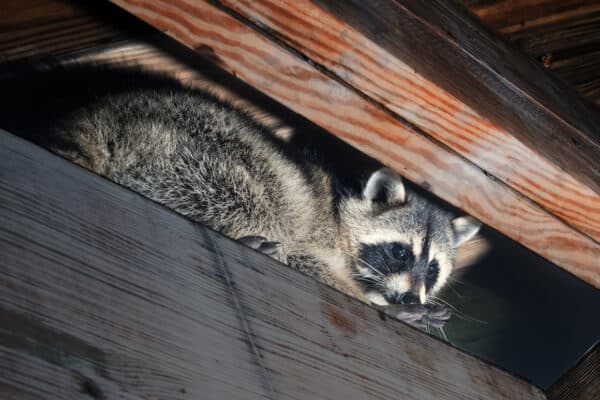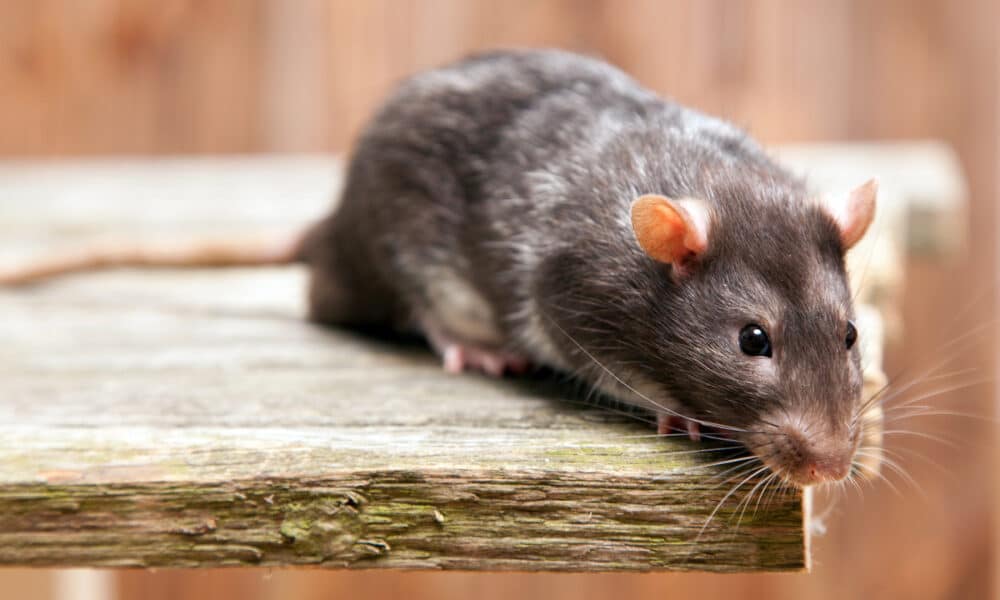
Discovering rats or mice in your home can be an unsettling experience. These unwanted visitors not only pose health risks but can also cause structural damage and create a general sense of discomfort. However, the good news is that with the right knowledge and preventive measures, you can significantly reduce the likelihood of these furry intruders making a home in yours.
In this article, we will explore effective strategies for keeping rats and mice out of your home, covering everything from identifying potential entry points to implementing humane wildlife prevention methods.
Identifying Signs of Rats and Mice Infestations
Recognizing the early signs of rats and mice infestations is crucial for prompt intervention and effective control. These rodents are adept at hiding, and their presence can often go unnoticed until the population has grown substantially. Understanding the indicators allows homeowners to take swift action, preventing potential health risks and structural damage.
1. Droppings
One of the most common and unmistakable signs of a rodent infestation is the presence of droppings. Rats and mice leave behind small, pellet-like feces that can be found in areas they frequent, such as:
- Kitchens
- Pantries
- Cupboards
Regularly check these spaces for the telltale signs of rodent activity, as the size and shape of droppings can help determine the type of rodent present.
2. Gnaw Marks
Rodents have a natural instinct to gnaw on objects to keep their teeth from growing too long. Look for gnaw marks on furniture, wires, and even structural elements of your home. Fresh gnaw marks are lighter in color, while older ones may appear darker. Identifying these marks early on can help pinpoint potential entry points and the severity of the infestation.
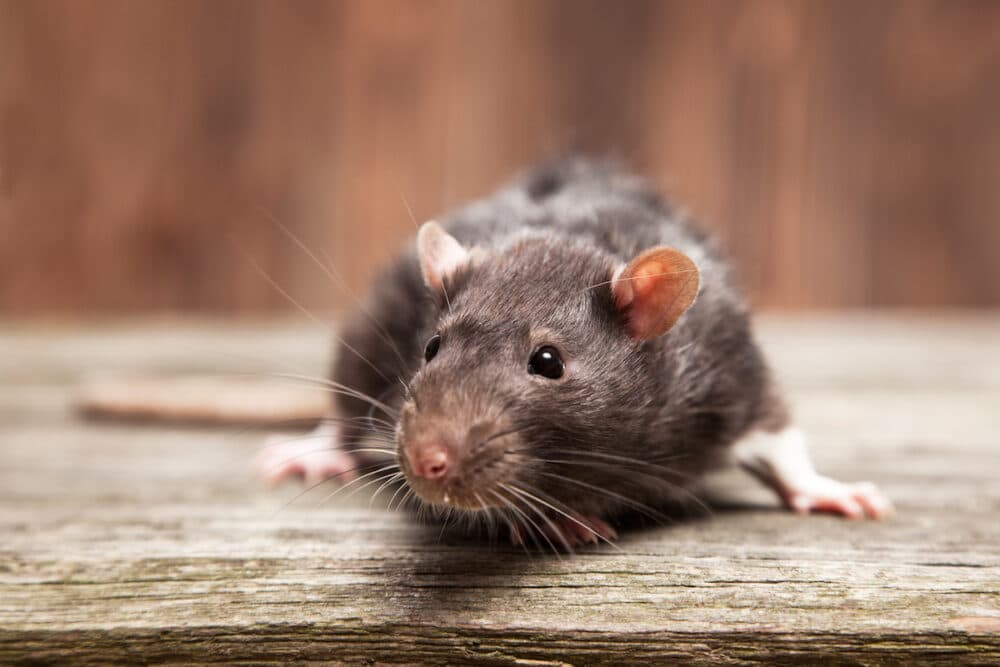
3. Nesting Materials
Rats and mice construct nests using materials like:
- Shredded paper
- Fabric
- Insulation
Inspect hidden corners, attics, or basements for these nesting materials. Discovering a nest signifies an established presence and indicates potential areas where rodents are breeding. Identifying and removing nests promptly is crucial for effective control.
4. Scratching Noises
Being nocturnal creatures, rodents are most active during the night. If you hear scratching or scurrying sounds in the walls, ceilings, or under the floorboards, it may be a sign of rodent activity. Pay attention to any unusual sounds, especially in quiet periods, to catch the presence of rodents early on.
5. Unusual Pet Behavior
Pets, especially cats and dogs, are often sensitive to the presence of rodents. If your pets exhibit unusual behavior, such as increased alertness, pawing at specific areas, or intense focus on certain spaces, it could indicate the presence of rodents. Monitor your pets’ behavior, as they can serve as early detectors of a potential infestation.
Preventive Measures to Keep Rats and Mice at Bay
1. Seal Entry Points
Rats and mice are remarkably adept at squeezing through small openings. Conduct a thorough inspection of your home’s exterior, focusing on potential entry points such as gaps around:
- Doors
- Windows
- Pipes
- Vents
Seal any cracks or openings with materials like steel wool or caulk. Ensure that doors and windows are tightly fitted, and repair any damaged screens. By fortifying these entry points, you create a robust barrier, significantly reducing the likelihood of rodents gaining access to your home.
2. Maintain a Clean Environment
A cluttered and unkempt environment provides rodents with hiding spots and potential nesting sites.
- Regularly clean and organize your home, paying special attention to areas like basements, attics, and storage spaces.
- Vacuum and sweep regularly to eliminate crumbs and food particles that might attract rodents.
- Store food in airtight containers and promptly clean up spills and crumbs.
A clean environment not only deters rodents but also makes it easier to detect any signs of infestation early on.
3. Proper Waste Management
Dispose of household waste regularly in secure, lidded bins. Outdoor garbage containers should be tightly sealed to prevent rodents from accessing food sources. Consider composting in enclosed bins to avoid attracting rodents with decomposing organic matter. Proper waste management not only eliminates potential food sources for rodents but also contributes to a healthier and more rodent-resistant living environment.
4. Trim Vegetation
Overhanging branches or dense vegetation near your home can serve as highways for rodents to gain access to your roof and attic. Trim trees and bushes, maintaining a safe distance from your house. This not only reduces potential entry points but also eliminates hiding spots for rodents. By keeping vegetation in check, you create a less enticing environment for rodents, making your home less susceptible to infestation.
5. Secure Pet Food
Pets’ food can be a tempting target for rodents. Avoid leaving pet food out overnight, feed your pets at designated times, and promptly remove any uneaten food. Store pet food in airtight containers to prevent attracting rodents. Establishing a routine for pet feeding and food storage minimizes potential attractants, reducing the risk of rodents entering your home in search of a meal.
6. Install Rodent-Proof Screens
Ensure that vents, chimneys, and other openings leading to the interior of your home are equipped with rodent-proof screens. These screens allow for proper ventilation while keeping unwanted visitors out.
Regularly inspect and maintain these screens to ensure their effectiveness. By implementing these protective measures, you create an additional layer of defense against rodent infiltration.
7. Use Natural Deterrents
Consider incorporating natural deterrents to discourage rodents from approaching your home. Peppermint oil, for example, has proven to be a natural repellent for rodents. Soak cotton balls in peppermint oil and strategically place them in areas prone to infestation.
Additionally, consider planting rodent-repelling herbs like mint or lavender around the perimeter of your home. These natural deterrents offer an environmentally friendly and effective way to keep rodents at bay.
8. Employ Humane Traps
As a proactive measure, consider using humane traps to capture rodents before they become a more significant problem. Humane traps allow you to catch intruders without causing harm, providing an opportunity to release them far away from your home.
Regularly inspect and reset traps to address any potential rodent activity swiftly. Humane traps are an ethical and preventive approach, particularly useful when dealing with sporadic rodent encounters.
9. Professional Inspection
For a comprehensive and targeted approach to rodent prevention, enlist the services of a wildlife removal professional. These experts are trained to identify vulnerabilities in your home and implement tailored solutions. A professional inspection can:
- Uncover potential entry points
- Assess the severity of the risk
- Provide expert guidance on reinforcing your home’s defenses
By investing in a professional inspection, you gain peace of mind, knowing that your home is equipped with the most effective preventive measures against rodent intrusion.
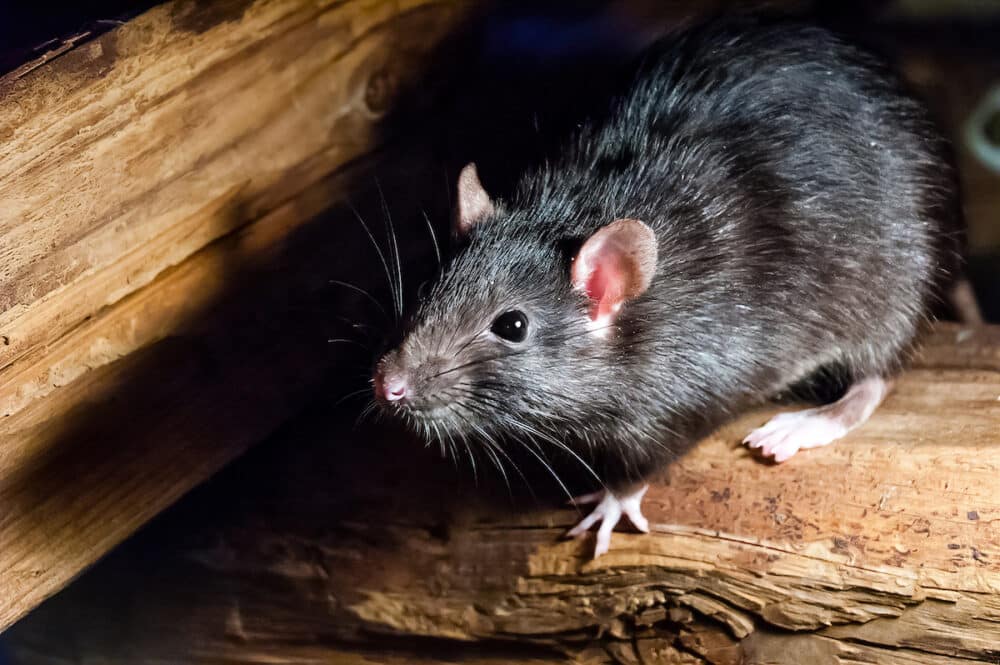
Dealing with a Rats and Mice Infestation
Despite your best preventive efforts, there may be instances where rodents manage to infiltrate your home. In such cases, a swift and strategic response is essential to regain control and restore a rodent-free environment.
Contact a Professional Wildlife Removal Service
The moment you suspect or confirm a rodent infestation, it’s crucial to enlist the expertise of a professional wildlife removal service. These specialists are trained to:
- Assess the extent of the infestation
- Identify nesting areas
- Employ effective eradication methods
Professionals understand the behavior of rodents, enabling them to create targeted strategies that not only eliminate existing intruders but also prevent future infestations.
Sanitize Affected Areas
Once rodents have been successfully removed, the aftermath demands a thorough cleanup. Sanitizing affected areas is paramount to eliminate potential health hazards. Utilize disinfectants to wipe down surfaces, paying special attention to areas where droppings, urine, or nesting materials were found.
Effective sanitization not only removes harmful substances but also removes scent trails that could attract other rodents.
Monitor and Prevent Recurrence
After professional intervention and thorough cleaning, it’s essential to remain vigilant. Regularly monitor your home for any signs of rodent activity. Check for:
- New droppings
- Gnaw marks
- Scratching sounds
Focus on areas where rodents initially gained access and fortify those points to prevent a recurrence. Consistency in monitoring and maintaining preventive measures is key to ensuring a rodent-free home in the long term.
Implement Additional Preventive Measures
Learn from the experience of dealing with an infestation by strengthening your preventive measures. Consider upgrading your rodent-proofing efforts, whether it’s reinforcing entry points, investing in advanced deterrents, or scheduling routine inspections with professionals.
An enhanced preventive approach reduces the likelihood of future infestations and provides added peace of mind.
A Home Free of Rats and Mice is Within Reach
In the pursuit of a rodent-free home, recognizing the signs and implementing preventive measures are paramount. However, when faced with a persistent infestation or the need for professional expertise, turning to Covenant Wildlife ensures a comprehensive and effective solution. Our experienced team specializes in humane wildlife removal, employing advanced techniques to eradicate rodent populations while prioritizing the safety and well-being of your home.
By choosing Covenant Wildlife, you’re not just addressing a current issue; you’re investing in the long-term health and security of your living space. Our professionals bring a wealth of knowledge to every situation, conducting thorough inspections, implementing targeted strategies, and providing ongoing support to keep your home free from unwanted rodent guests.
Embrace a rodent-free future with Covenant Wildlife – where expertise meets dedication for a safer and more comfortable home environment.
